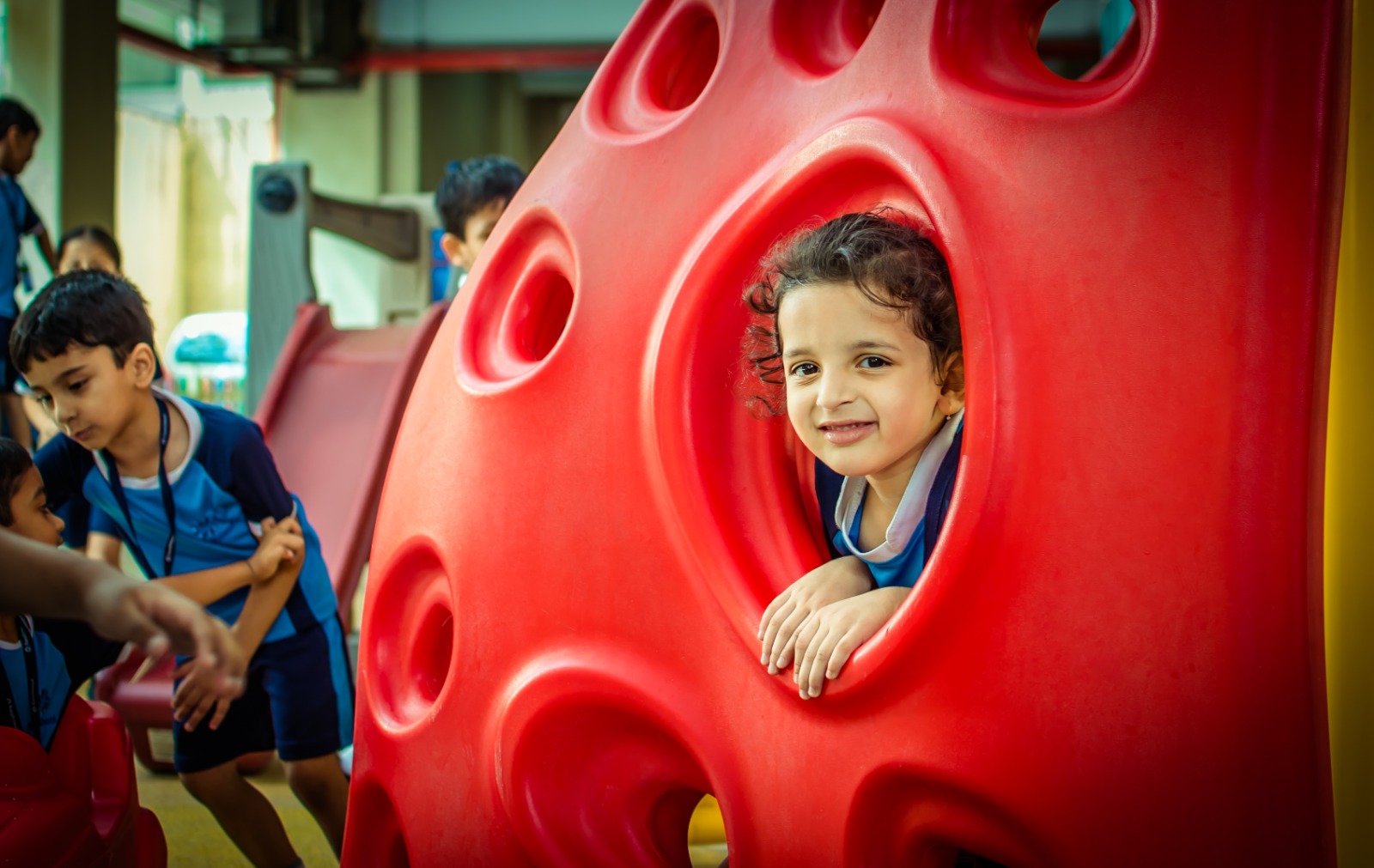As they say “the early bird catches the worm” – by investing time in understanding key aspects of the growth and development of preschoolers parents can sow the seeds for future success! Whether that be through ensuring children reach their developmental milestones or cultivating good behaviour patterns or protecting young ones with appropriate safety measures- staying aware is key! If you want more insights on how best to achieve this, then you will find this blog helpful as it is packed with tips & recommendations for the growth and development of preschoolers utilizing positive and healthy strategies
Developmental Milestones of Preschoolers
In the early years, children acquire vital knowledge and skills in various developmental domains such as physical, cognitive, social, and emotional. These key competencies or milestones can serve as a blueprint for gauging a child’s growth and development progress. Ranging from gross motor abilities like running, jumping, to fine motor skills such as drawing and buttoning; the early years are critical in building these proficiencies. Cognitive milestones include the capacity for rational thought, problem-solving, and symbol and numerical comprehension. Development of interpersonal connections, empathy, self-awareness, and self-regulation are all vital emotional milestones.
To ascertain that your child’s developing normally and recognize any likely developmental setbacks beforehand, it is vital to monitor and record their developmental progress constantly. Additionally, creating an environment that is encouraging and stimulating can help your child reach these milestones.
Positive Parenting Tips for Preschoolers
Encouraging respectful behavior, trustworthiness, and good communication skills contribute towards fostering a cooperative parent-child relationship that forms the basis of positive parenting. By embracing this approach in their early years when crucial social-emotional connections are made – your children can benefit from accelerated cognitive development along with increased confidence levels.
Setting clear expectations and boundaries, utilising praise and positive reinforcement, giving children opportunity for freedom and choice, setting an example of good behaviour, and engaging in active listening and empathy exercises are some effective parenting techniques for preschoolers. A safe and secure environment that promotes exploration and learning must also be provided.
You can assist your child’s growth and development throughout the preschool years and beyond by engaging in positive parenting practices.
Child Safety in Preschoolers
Due to their natural curiosity and sense of adventure, preschoolers are susceptible to mishaps and injury. It is imperative for parents to protect their children by creating a secure atmosphere and educating them about potential dangers.
Preschoolers should always be watched over, taught basic safety precautions like avoiding hot surfaces and electrical outlets, and reminded about stranger danger. Being proactive about protecting your child’s safety sets a positive example for them that they will carry into adulthood. One helpful way to do this is by enforcing the usage of adequate safety gear like seat belts and helmets during their preschool years. As a responsible parent or guardian, instilling safe habits early on can lead to a lifetime of caution and care.
Healthy Habits for Preschoolers
Developing healthy habits during the preschool years can provide the groundwork for a lifetime of excellent health. You may help your children develop healthy behaviours by modelling good eating habits, regular exercise, and enough sleep.
Serving a variety of fruits and vegetables, avoiding sugary and processed foods, encouraging active play and exercise, limiting screen time, and creating a regular sleep routine are some healthy behaviours for preschoolers.
You can assist your child in developing lifelong healthy behaviours that avoid chronic illnesses and promote general well-being by encouraging healthy habits in the preschool years.
Cognitive Development of Preschoolers
Preschoolers grow their cognitive abilities significantly as they learn to reason logically, work out problems, and comprehend symbols and numbers. They also improve their executive function, memory, and attention throughout this time.
By catering to your preschooler’s exploratory nature, you can fortify their cognitive development with a stimulating environment. Reading books with them, playing analytical games and engaging in imaginative plays are effective means of improving brainpower. Offering chances to learn new skills like counting, alphabet and number recognition and mastering the use of scissors and pencils is also vital. You can assist your child in achieving their cognitive milestones and cultivating a lifelong love of learning by giving them a safe and engaging environment.
Language Development in Preschoolers
As they learn to comprehend and utilise a more complicated vocabulary and grammar during the preschool years, children rapidly enhance their language skills. For children to develop excellent communication and literacy skills that will serve them throughout their lives, language development during this time is essential.
You create a language-rich environment for your preschooler that incorporates reading, talking, and singing to help their language development. You can also inspire your kid to talk about their feelings and ask questions.
It’s crucial to set an example for your child in terms of effective communication, active listening, and how to respond to queries. Your child can develop strong language and communication abilities that will aid them in school and beyond by giving them a nurturing and language-rich environment.
Fine Motor Skills of Preschoolers
Children also develop their fine motor abilities, which require the use of tiny muscles in their hands and fingers, during the preschool years. For tasks like writing, sketching, cutting, and handling small objects, fine motor abilities are essential.
You can give your child an opportunity to practise using their hands and fingers during the preschool years to help the development of their fine motor skills. Fine motor abilities can be developed through activities including painting, drawing, playing with little toys or beads, and cutting with scissors.
It is crucial to provide an environment that is encouraging and helpful so that your child can practise these abilities without feeling under pressure to achieve flawlessly. Giving your child the chance to practise their fine motor skills can help them lay the groundwork for success in activities that call for accuracy and dexterity.
Conclusion
Children experience amazing growth and development during the preschool years. If you want your kid to thrive in a happy and enriching atmosphere, keep track of key developmental stages, follow sound parental guidance, safeguard against hazards, and foster healthy living patterns. Don’t forget that every child blossoms at their own pace; therefore, it’s vital to establish a nurturing environment that responds directly to your youngster’s requirements.
At Euroschool, we offer a supportive and engaging environment that encourages discovery and learning, enabling kids to attain their full potential throughout preschool and beyond.










